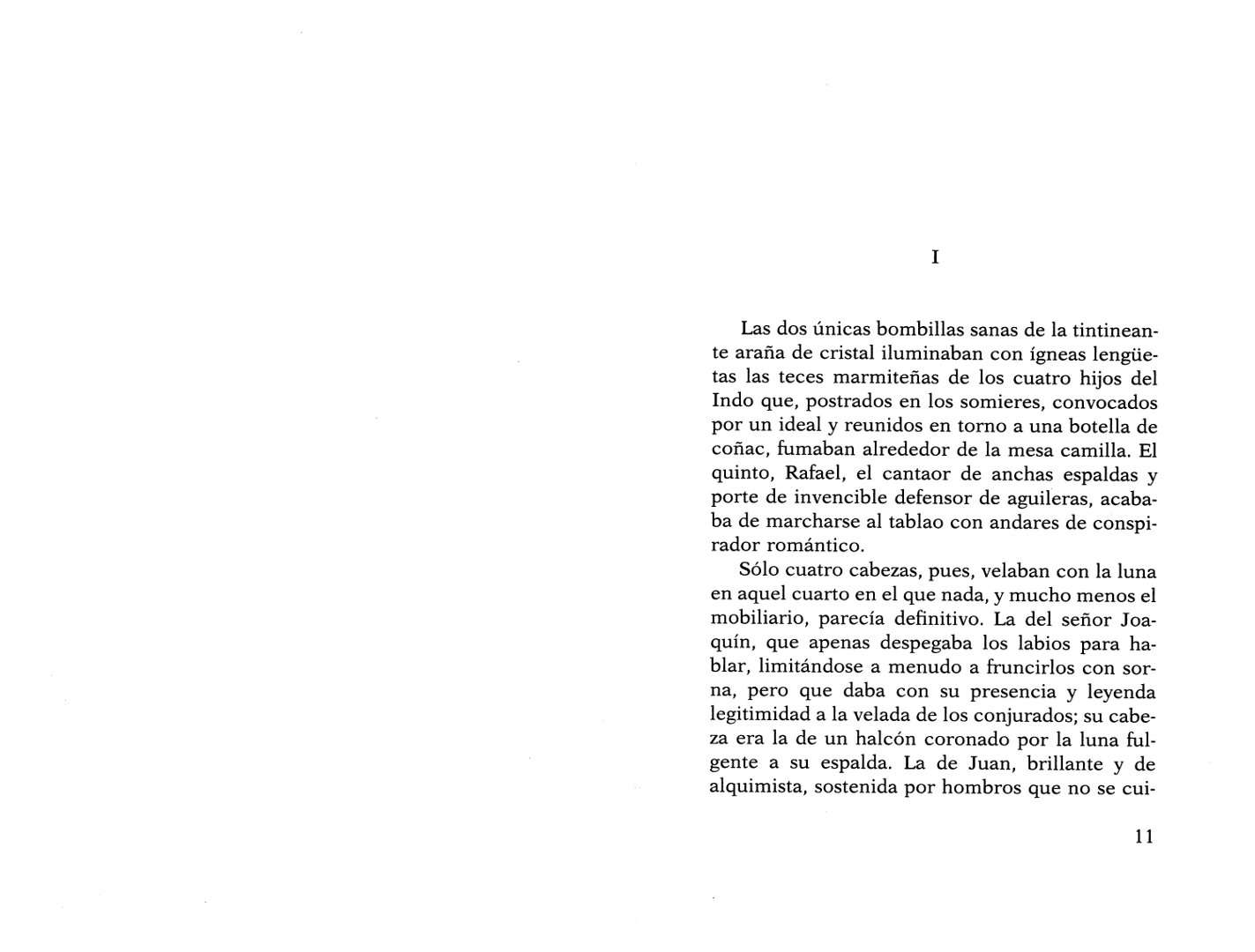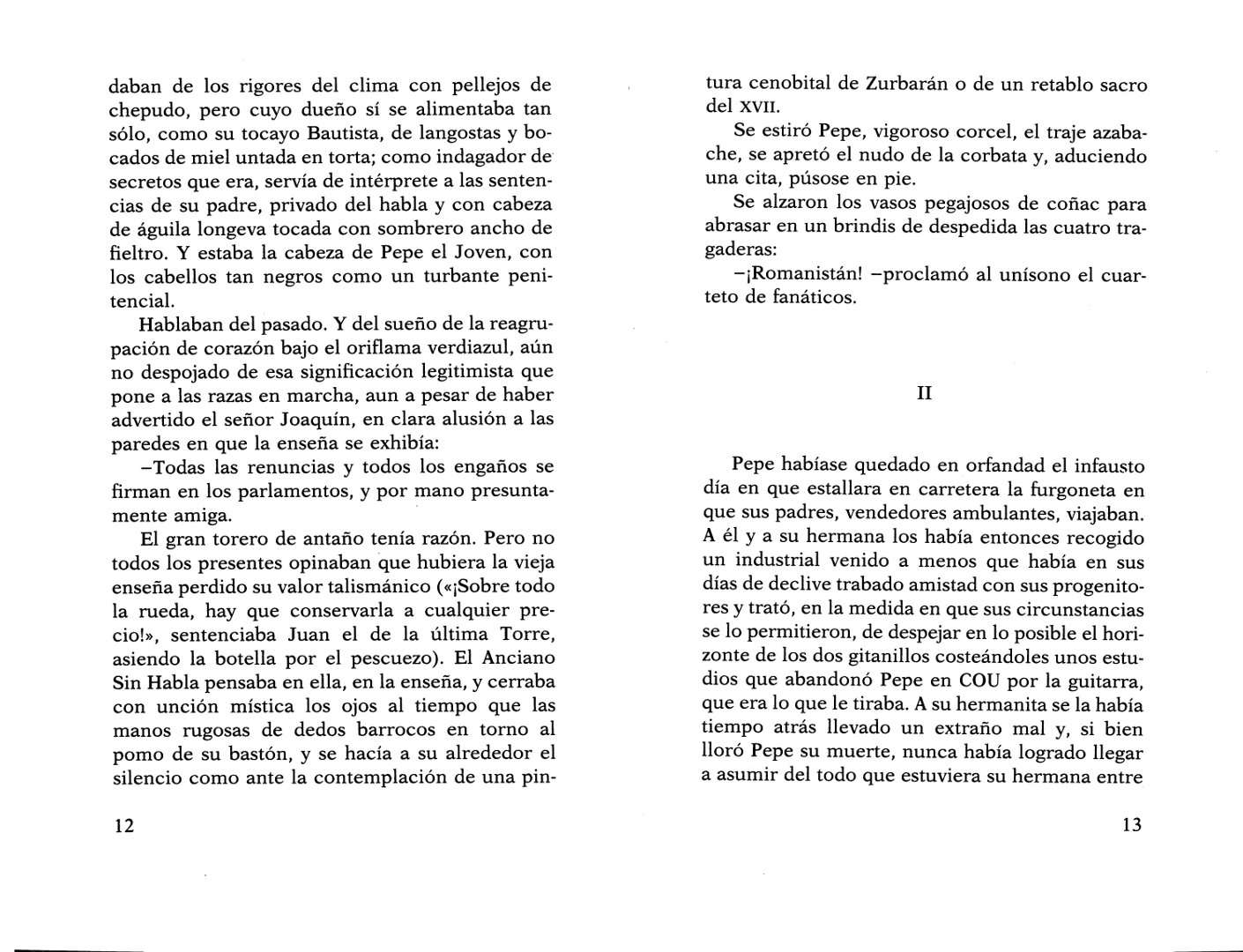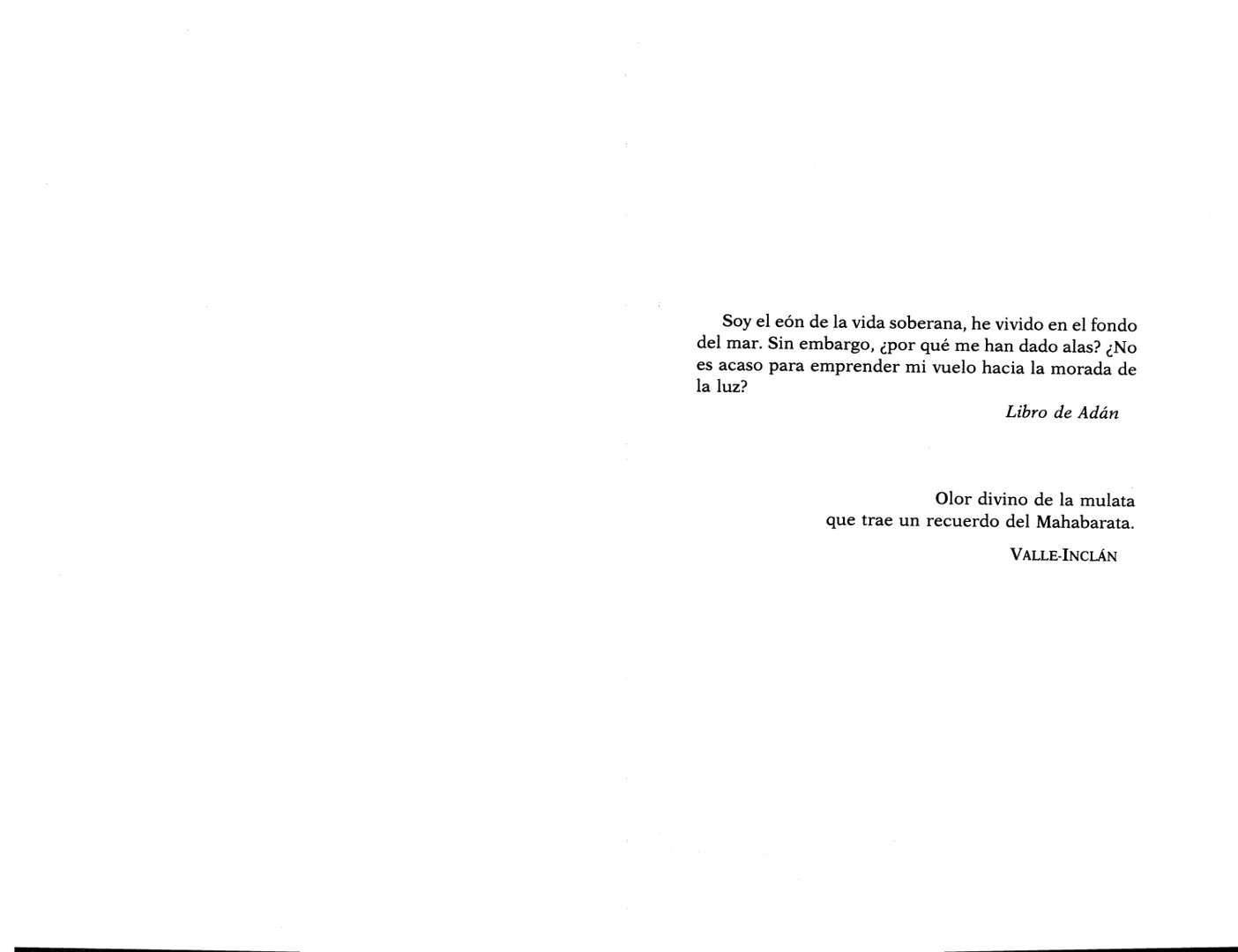Joaquín Albaicín’s novel La serpiente terrenal. Un vodevil de hoy [The earthen snake. A vaudeville of today] focuses on the enigmatic founding myth of the Roma, where elements of all world religions come together in one single narrative frame. Primarily drawn from Hindu cosmology, this is the story of the flamenco guitarist Pepe in Madrid, who must prevail over evil forces during the age of strife and decay (‘Kali Yuga’).
The structure is characterised by both the large amount of dialogue in the text that establishes a close affinity to the tradition of oral literature and the permeability of the borders between different styles: realistic descriptions reminiscent of the Costumbrismo dovetail with dreamlike, fantastic narratives recalling magical realism.
The subtitle of the novel Un vodevil de hoy [A vaudeville of today], is another interesting choice: vaudeville is a multimedia entertainment genre in which, for example, texts are accompanied by vocals and instruments. The novel’s title is deceptive, however, since, in contrast with vaudeville, the narrative is conceived as a single medium.
The entertaining element of the story is the use of irony throughout – a style in the tradition of Ramón María del Valle-Inclán (1866–1936), of whom a quote is used in the preface of Albaicín’s novel as a motto. The work consciously plays with the expectations of the payo [non-Roma] reader so as to create a form of writing that counters the literary norms of the majority literature and thereby attempts to establish a new literary style in Spain.









